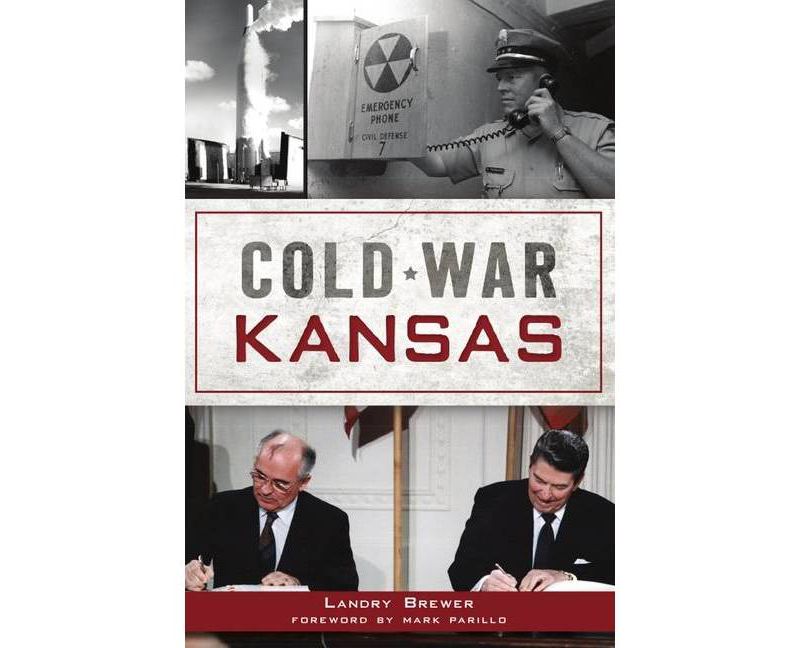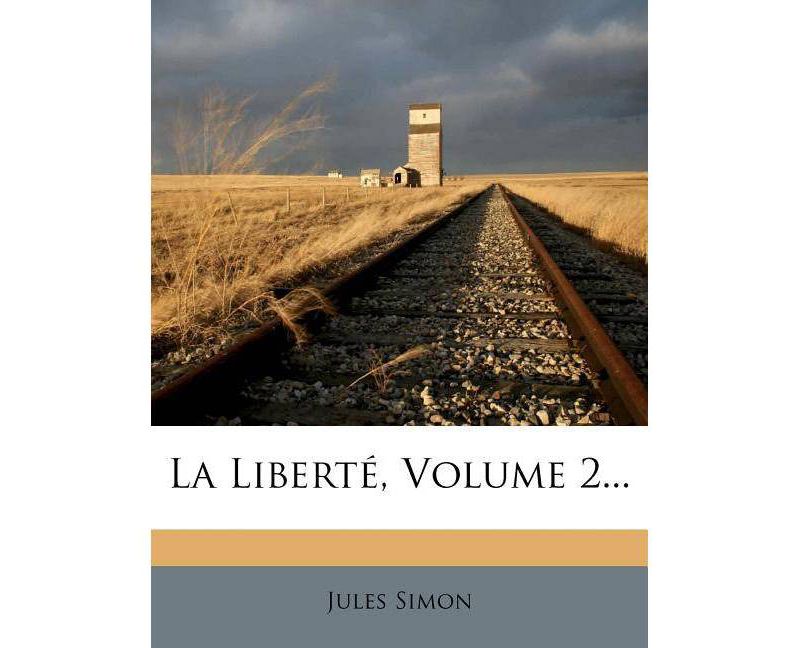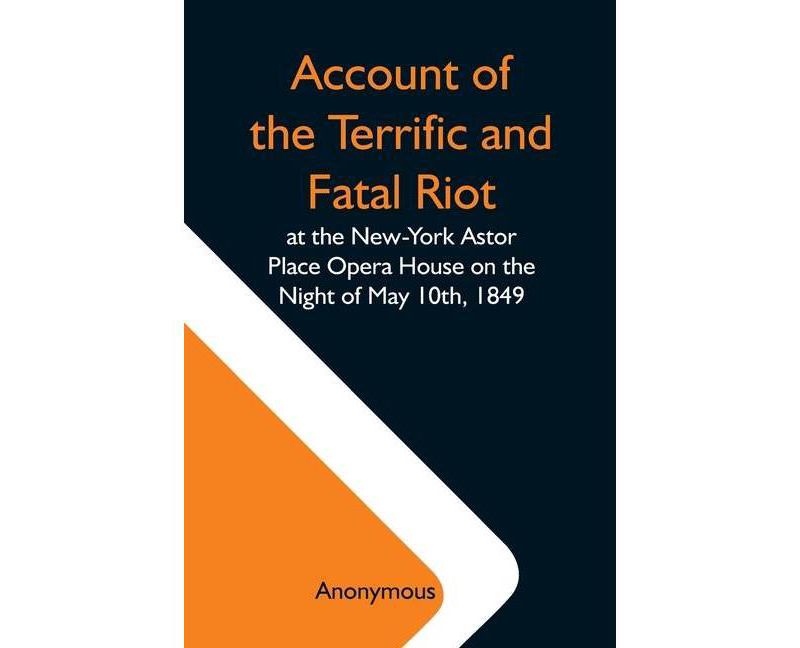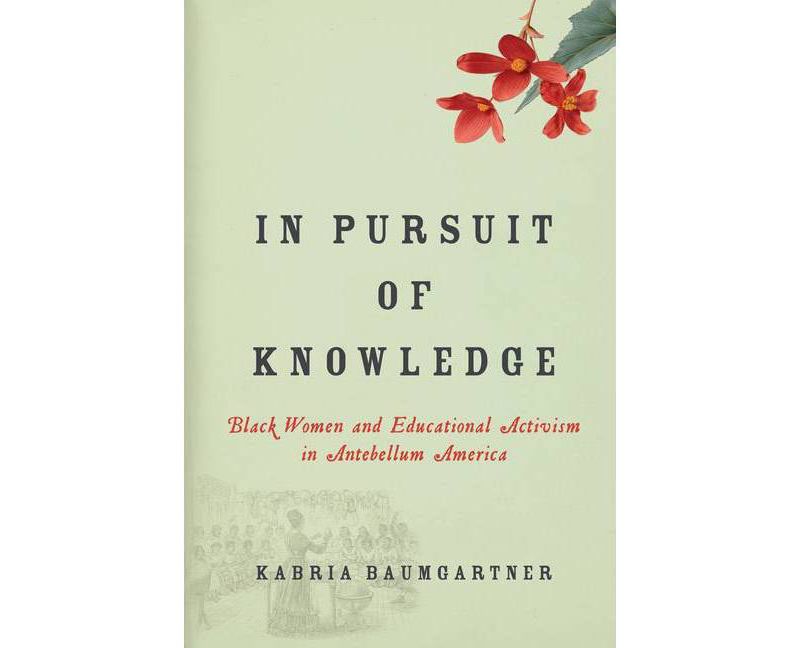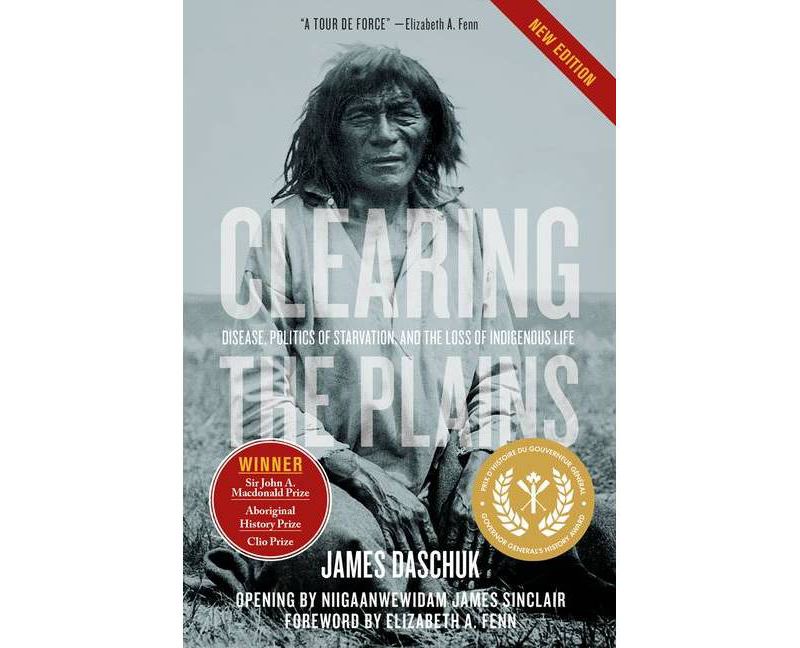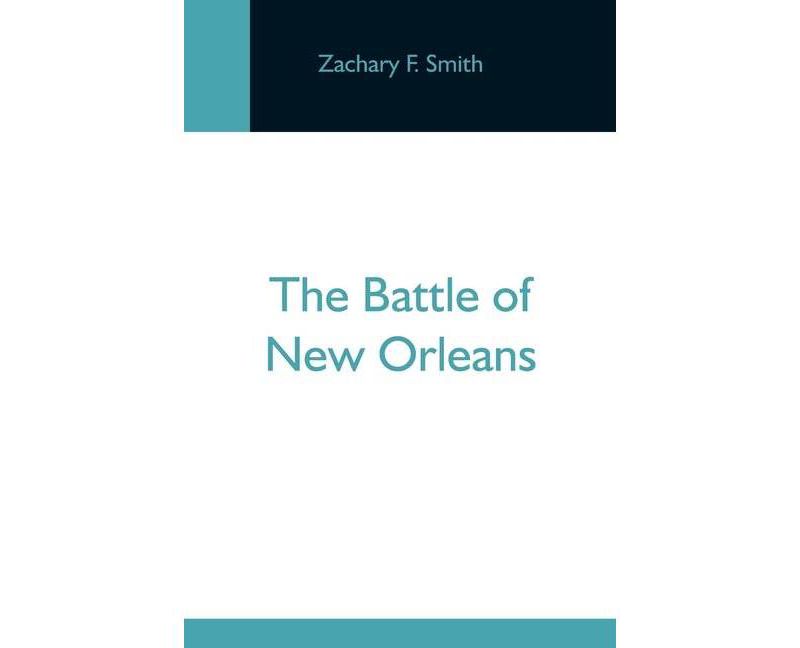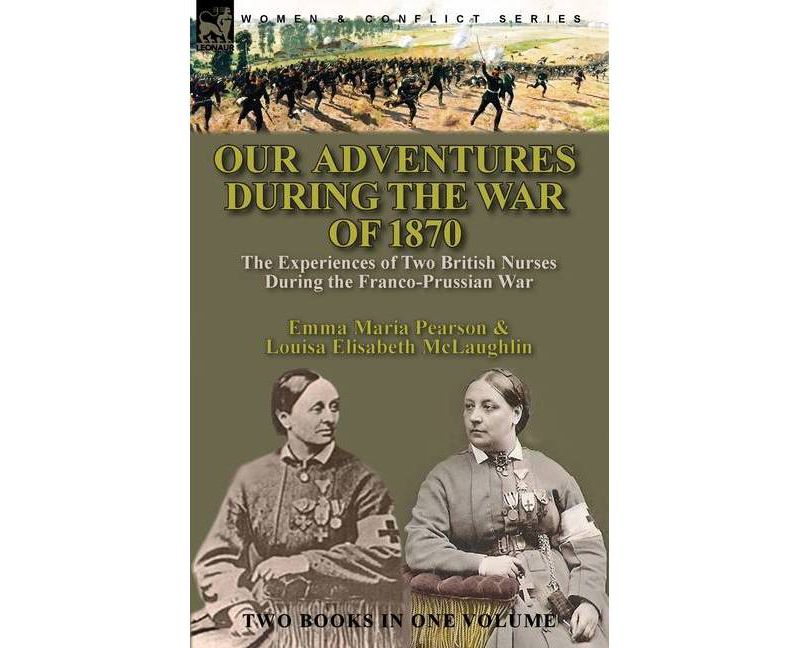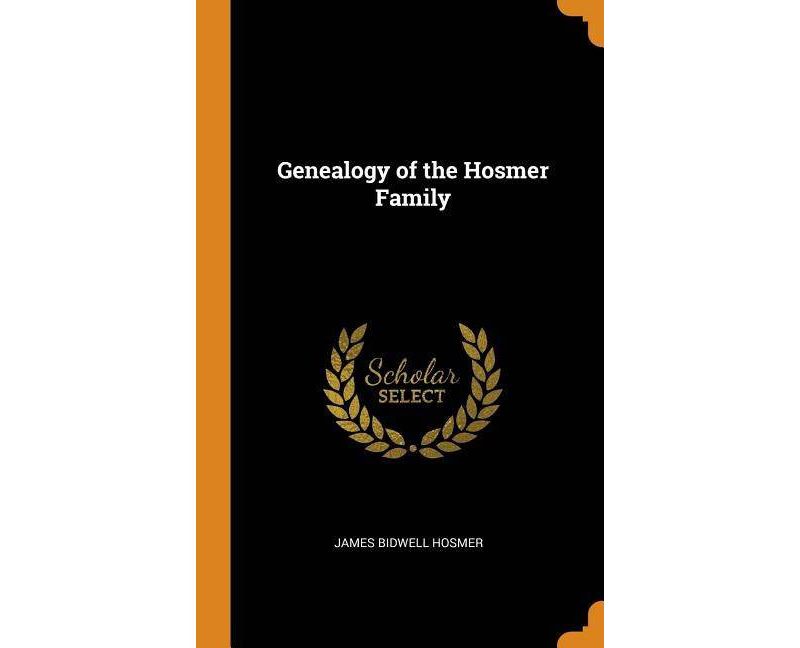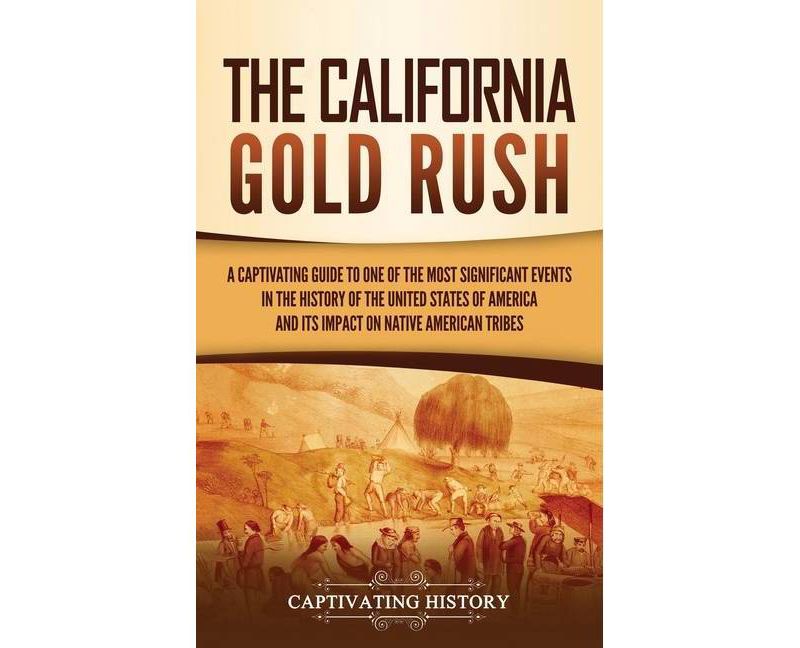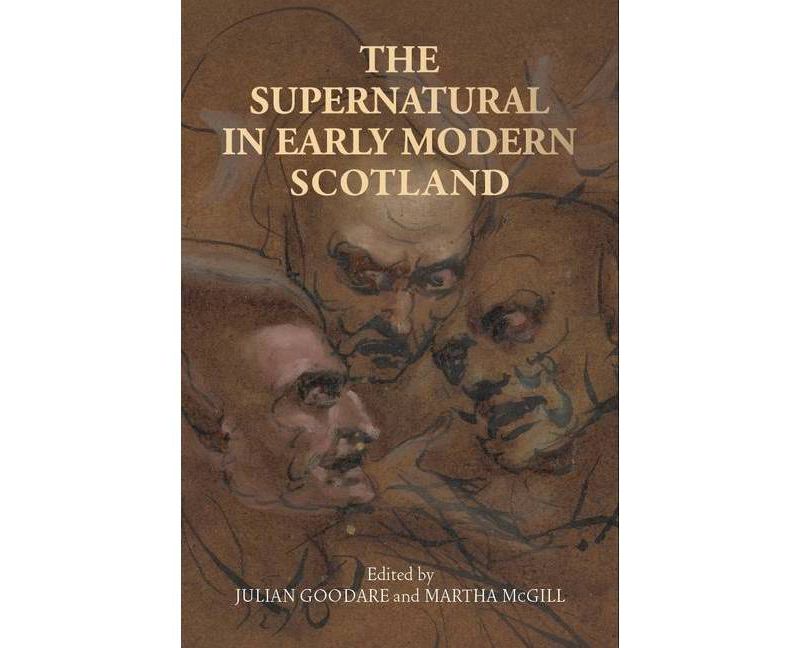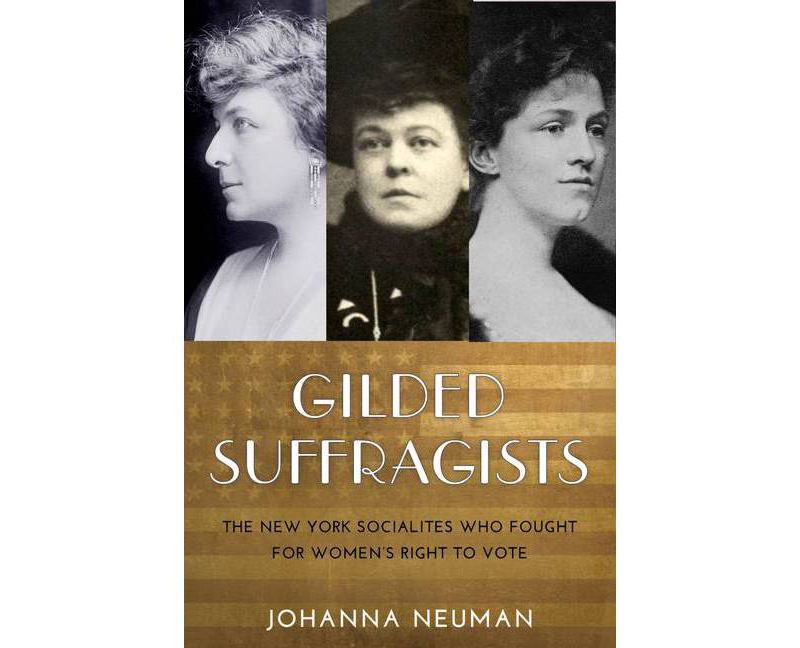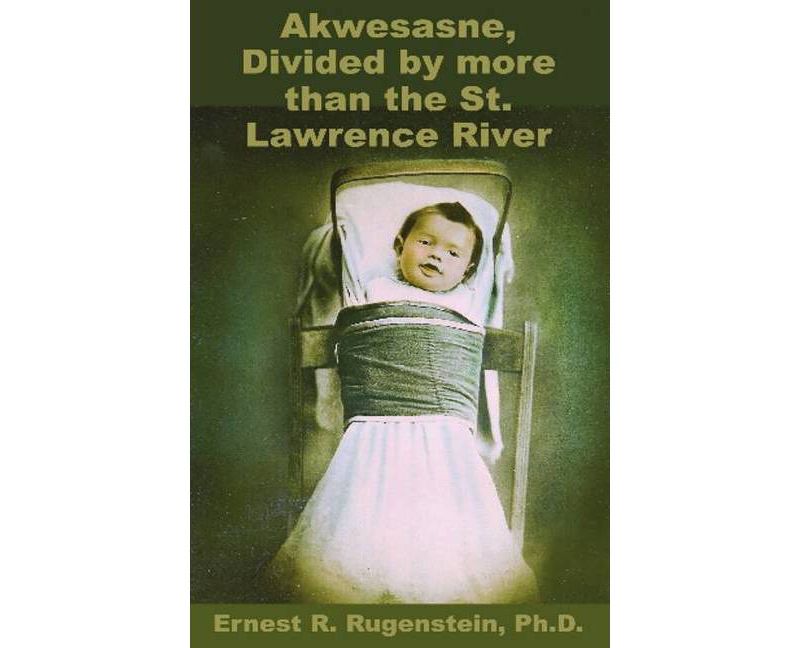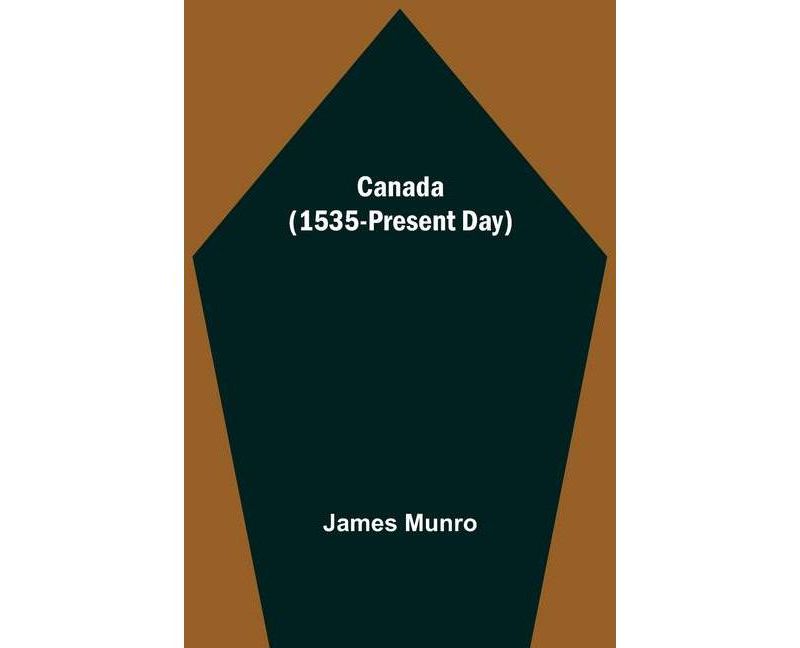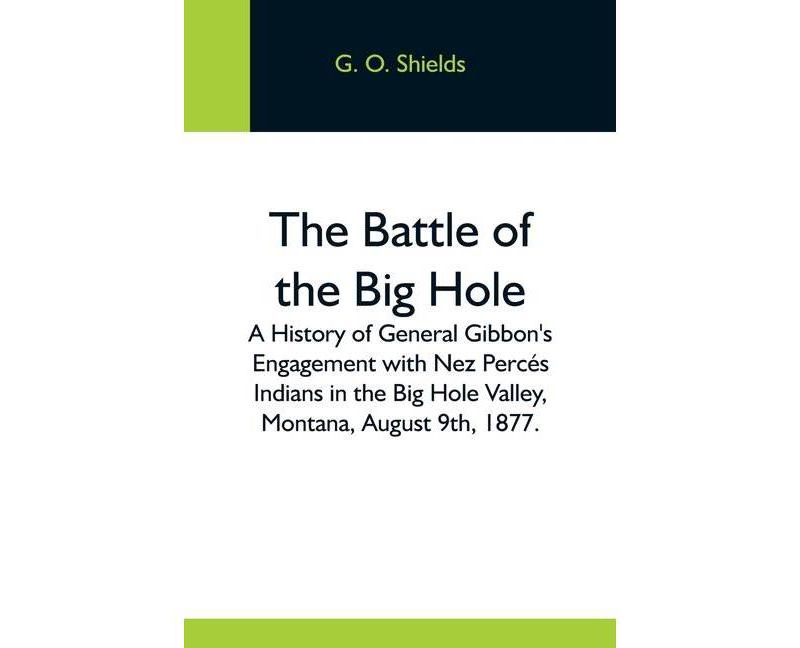Trusted shipping
Easy returns
Secure shopping
- Clothing, Shoes, Jewelry & Watches
- Home, Garden, Outdoor & Pets
- Electronics
- Audio, Video & Portable Devices
- Cables
- Adapters & Gender Changers
- Headsets, Speakers & Soundcards
- Power Protection
- 3D Printing
- Video Cards & Video Devices
- Tools & Components
- Sound Cards
- Alternative Energy
- Barebone / Mini Computers
- SSDs
- Accessories
- Mobile Accessories
- Storage Devices
- Personal Care
- Healthcare
- Home Theatre Systems
- Laptops, Computers & Office
- Speakers & Audio Systems
- Tech Services & Support
- Projectors, TVs & Home Theater
- Wi-Fi & Networking
- Cell Phones
- Electronics Deals
- Headphones
- Tablets & E-Readers
- Digital Cameras
- Home Phones
- Tech Accessories
- Electronics Sanitizing & Cleaning Supplies
- Smart Home
- Batteries, Power Banks & Chargers
- Wearable Technology
- GPS & Navigation
- Movies, Music, Books & Games
- Luggage
- Bible Covers
- Briefcases
- Camo
- Coolers
- Toiletry Bags
- Tote Bags
- Backpacks
- Carry-on Luggage
- Checked Luggage
- Lunch Bags
- Travel Accessories
- Luggage Deals
- Laptop Bags & Briefcases
- Kids' Luggage
- Duffels & Gym Bags
- Suitcases
- RFID Blocking Luggage & Travel Accessories
- Luggage Sets
- Mens' Luggage
- Handbags
- Accessories
- Outdoor
- Beauty Luggage
- Travel Totes
- Garment Bags
- Weekenders
- Messenger Bags
- Beauty & Health
- Category List
- Clothing, Shoes, Jewelry & Watches
- Home, Garden, Outdoor & Pets
- Electronics
- Audio, Video & Portable Devices
- Cables
- Adapters & Gender Changers
- Headsets, Speakers & Soundcards
- Power Protection
- 3D Printing
- Video Cards & Video Devices
- Tools & Components
- Sound Cards
- Alternative Energy
- Barebone / Mini Computers
- SSDs
- Accessories
- Mobile Accessories
- Storage Devices
- Personal Care
- Healthcare
- Home Theatre Systems
- Laptops, Computers & Office
- Speakers & Audio Systems
- Tech Services & Support
- Projectors, TVs & Home Theater
- Wi-Fi & Networking
- Cell Phones
- Electronics Deals
- Headphones
- Tablets & E-Readers
- Digital Cameras
- Home Phones
- Tech Accessories
- Electronics Sanitizing & Cleaning Supplies
- Smart Home
- Batteries, Power Banks & Chargers
- Wearable Technology
- GPS & Navigation
- Movies, Music, Books & Games
- Luggage
- Bible Covers
- Briefcases
- Camo
- Coolers
- Toiletry Bags
- Tote Bags
- Backpacks
- Carry-on Luggage
- Checked Luggage
- Lunch Bags
- Travel Accessories
- Luggage Deals
- Laptop Bags & Briefcases
- Kids' Luggage
- Duffels & Gym Bags
- Suitcases
- RFID Blocking Luggage & Travel Accessories
- Luggage Sets
- Mens' Luggage
- Handbags
- Accessories
- Outdoor
- Beauty Luggage
- Travel Totes
- Garment Bags
- Weekenders
- Messenger Bags
- Beauty & Health
- Baby & Toys
- Sports & Outdoors
- School & Office Supplies
- Breakroom & Janitorial Supplies
- Diaries
- Utility & Stationary
- Pens & Pencils
- Teacher Supplies & Classroom Decorations
- Paper
- Markers
- Binders
- School Supplies
- Packing & Mailing Supplies
- Tape, Adhesives & Fasteners
- Boards & Easels
- Crayons
- Desk Organization
- Pencils
- Filing & Organizers
- Journals
- Pens
- Labels & Label Makers
- Tools & Equipment
- Calendars
- Sticky Notes
- Notebooks
- Erasers & Correction Tape
- Pencil Cases
- Planners
- Retail Store Supplies
- Highlighters
- Locker Accessories
- Cute School Supplies
- School & Office Accessories
- Food & Grocery
- Shops All
- Unique-Bargains
- Cool cold
- Wesdar
- i-Star
- CoCoCo
- Targus
- Cooling Device Accessories
- Xtrike Me
- Tech/Gaming
- Gift Cards
- Women's Accessories
- Flash
- Men's Clothing
- Gift Ideas
- Brand Experiences
- Sale on Select School & Art Supplies
- Jewelry
- Featured Brands
- Nursing Items
- Storage
- Men's Shoes
- College
- School & Office Supplies
- Bullseye's Playground
- PRIDE
- Women's and Men's Shoes & Accessories
- Holiday Trees, Lights & More Sale
- Women's Dresses
- Gingerbread
- Caregiver Essentials
- Baby Bath
- select School Supplies
- Doorbusters
- Bedding & Bath
- Women's Sandals
- Sandals for the Family
- Men's Accessories
- Shops All
- One-day Easter sale
- select Health Items
- Friendsgiving
- Women's Tops, Shorts & Shoes
- Made By Design Organization
- Baby Mealtime
- For New & Expecting Parents
- Crayola Kids' Daily Deal
- Spritz Party Supplies
- Wellness Icon Glossary
- Our Generation Dolls & Accessories Kids' Daily Deal
- select Home items
- Mas Que
- Baby Apparel
- Children's Board Books Kids' Daily Deal
- Select Office Furniture
- Most-added Wedding Registry Items
Buy Cold War Kansas - by Landry Brewer (Paperback) in United States - Cartnear.com
Cold War Kansas - by Landry Brewer (Paperback)
CTNR2555 09781467146630 CTNR2555Juvale
2027-02-24
/itm/cold-war-kansas-by-landry-brewer-paperback-2555
USD
19.42
$ 19 $ 20 4% Off
Item Added to Cart
customer
*Product availability is subject to suppliers inventory
SHIPPING ALL OVER UNITED STATES
100% MONEY BACK GUARANTEE
EASY 30 DAYSRETURNS & REFUNDS
24/7 CUSTOMER SUPPORT
TRUSTED AND SAFE WEBSITE
100% SECURE CHECKOUT
Number of Pages: 144
Genre: History
Sub-Genre: Military
Format: Paperback
Publisher: History Press
Age Range: Adult
Book theme: United States
Author: Landry Brewer
Language: English
"As a baby boomer who turned ten years of age three months after John F. Kennedy took the oath to become president of the United States, my political consciousness begins with Dwight D. Eisenhower, the election of 1960 and Kennedy's inauguration, which coincided with my state's centennial celebration, and the Cold War. The latter, as Landry Brewer so carefully reminds us, included the ill-fated and advised Bay of Pigs invasion, the Cuban Missile Crisis, the nuclear arms race, Atlas, Titan, and Nike missile sites in Kansas and elsewhere, and the very real possibility of nuclear annihilation. For this native Kansan, these are vivid but impressionistic memories. Cold War Kansas skillfully adds factual meat to the bones of my youthful impressions as it tells the real story of the dangers we Kansans faced during the first four decades of my personal Kansas experience. It contextualizes my Cold War memories as it details the construction, activation, decommissioning, and subsequent use of Kansas missile sites; discusses the Sunflower State's program of civil defense, including public and private fallout shelters and evacuation plans; and highlights the apocalyptic film The Day After and our Cold War legacy. Brewer's fine book has much to offer all readers but especially Kansans, who should want to know about and better understand their state's central location, in the nation geographically and in the Cold War." Virgil W. Dean, historian, retired editor of Kansas History: A Journal of the Central Plains and author of John Brown to Bob Dole: Movers and Shakers in Kansas History.
"Cold War Kansas takes us back to the days when The Day After was not just another movie!" John Daley, Professor of Military & Diplomatic History, Pittsburg State University, Pittsburg, Kansas
"Far from being a remote event, the Cold War transformed the lives of Kansans and their institutions from Abilene to Wichita. Landry Brewer has written a briskly-paced and accessible account of how Kansans lived through this pivotal period at home and at work, on college campuses and military installations, not to mention city halls and courthouses. Landry even discusses the role of Lawrence in the filming of ABC's apocalyptic made-for-TV movie The Day After in 1983. This book is an excellent resource for anyone interested in the experiences of Kansans during the Cold War." J.L. Anderson, author of Capitalist Pigs: Pigs, Pork, and Power in America
Genre: History
Sub-Genre: Military
Format: Paperback
Publisher: History Press
Age Range: Adult
Book theme: United States
Author: Landry Brewer
Language: English
Book Synopsis
Kansas played an outsized role in the Cold War, when civilization's survival hung in the balance. Forbes Air Force Base operated nine Atlas E intercontinental ballistic missile launch sites. Schilling Air Force Base was the hub for twelve Atlas F ICBMs. McConnell Air Force Base operated eighteen Titan II ICBMs. A Kansas State University engineering professor converted a discarded Union Pacific Railroad water tank into his family's backyard fallout shelter. A United States president from Kansas faced several nuclear war scares as the Cold War moved into the thermonuclear age. Landry Brewer tells the fascinating story of highest-level national strategy and how everyday Kansans lived with threats to their way of life.Review Quotes
"As a baby boomer who turned ten years of age three months after John F. Kennedy took the oath to become president of the United States, my political consciousness begins with Dwight D. Eisenhower, the election of 1960 and Kennedy's inauguration, which coincided with my state's centennial celebration, and the Cold War. The latter, as Landry Brewer so carefully reminds us, included the ill-fated and advised Bay of Pigs invasion, the Cuban Missile Crisis, the nuclear arms race, Atlas, Titan, and Nike missile sites in Kansas and elsewhere, and the very real possibility of nuclear annihilation. For this native Kansan, these are vivid but impressionistic memories. Cold War Kansas skillfully adds factual meat to the bones of my youthful impressions as it tells the real story of the dangers we Kansans faced during the first four decades of my personal Kansas experience. It contextualizes my Cold War memories as it details the construction, activation, decommissioning, and subsequent use of Kansas missile sites; discusses the Sunflower State's program of civil defense, including public and private fallout shelters and evacuation plans; and highlights the apocalyptic film The Day After and our Cold War legacy. Brewer's fine book has much to offer all readers but especially Kansans, who should want to know about and better understand their state's central location, in the nation geographically and in the Cold War." Virgil W. Dean, historian, retired editor of Kansas History: A Journal of the Central Plains and author of John Brown to Bob Dole: Movers and Shakers in Kansas History.
"Cold War Kansas takes us back to the days when The Day After was not just another movie!" John Daley, Professor of Military & Diplomatic History, Pittsburg State University, Pittsburg, Kansas
"Far from being a remote event, the Cold War transformed the lives of Kansans and their institutions from Abilene to Wichita. Landry Brewer has written a briskly-paced and accessible account of how Kansans lived through this pivotal period at home and at work, on college campuses and military installations, not to mention city halls and courthouses. Landry even discusses the role of Lawrence in the filming of ABC's apocalyptic made-for-TV movie The Day After in 1983. This book is an excellent resource for anyone interested in the experiences of Kansans during the Cold War." J.L. Anderson, author of Capitalist Pigs: Pigs, Pork, and Power in America

